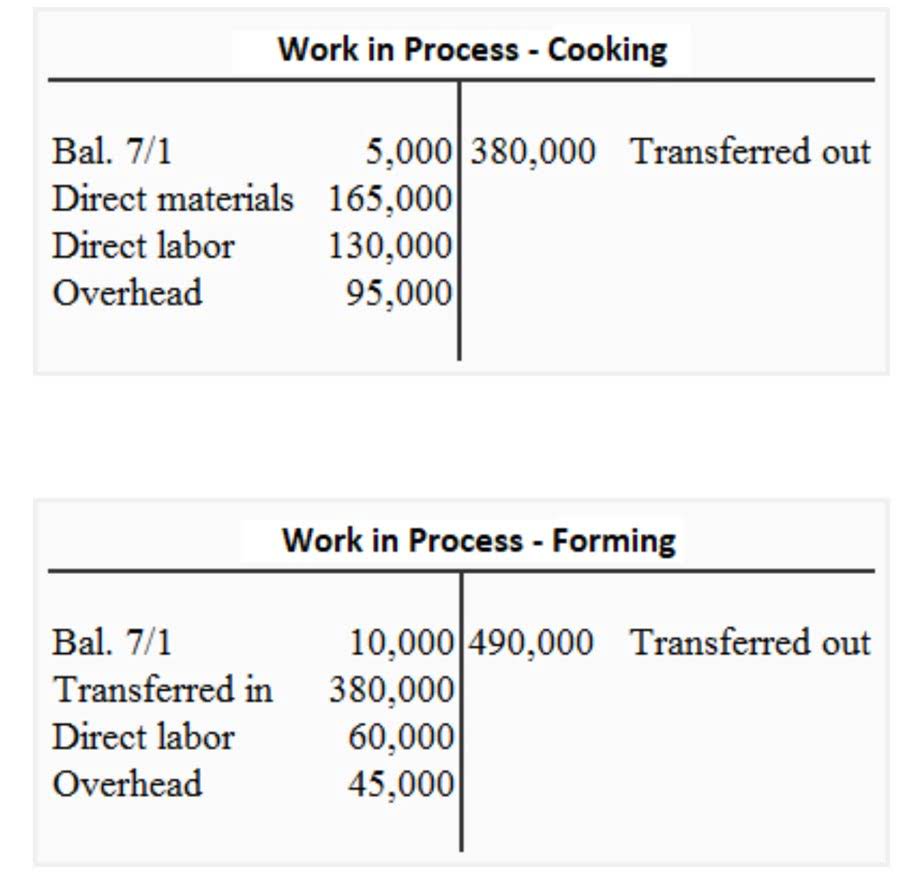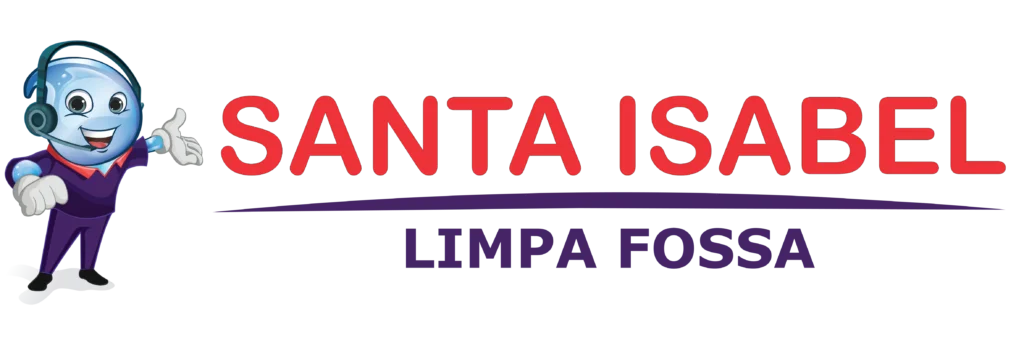What is Goodwill: Meaning, Definition, Types, Examples, Valuation

I) Inherent Goodwill – Inherent Goodwill refers to the goodwill that is generated by a company internally, over the years which is also termed non-purchased & self-generated goodwill. It is the value goodwill meaning in business of the business over and above the value of its net assets. Note – Additionally, the impairment loss of goodwill shall also be written off from the books of accounts if goodwill is impaired/devalued.
- Goodwill is an intangible asset (an asset that’s non-physical but offers long-term value) which arises when another company acquires a new business.
- When a company is being acquired by another one for a premium value, that amount, above what it is believed to be truly worth – its book value – is known as goodwill.
- Investors should scrutinize what’s behind its stated goodwill when they’re analyzing a company’s balance sheet.
- A publicly traded company, by contrast, is subject to a constant process of market valuation, so goodwill will always be apparent.
- You’ll normally have to agree to a covenant not to compete with the buyer in a certain geography for an amount of time.
- Goodwill cannot be sold, and its value lasts beyond one year, which makes it long term.
Valuation of Goodwill

Say a soft drink company was sold for $120 million; it had assets worth $100 million and liabilities of $20 million. The sum of $40 million that was paid over and above $80 million (the value of the assets minus the liabilities) is the worth of goodwill and is recorded in the books as such. In order to calculate goodwill, the fair market value of identifiable assets and liabilities of the company acquired is deducted from the purchase price. For instance, if company A acquired 100% of company B, but paid more than the net market value of company B, a goodwill occurs. In order to calculate goodwill, it is necessary to have a list of all of company B’s assets and liabilities at fair market value. Under U.S. GAAP and IFRS, goodwill is never amortized, because it is considered to have an indefinite useful life.

What is Purchase Price Allocation in a Business Sale?
When it comes to understanding how goodwill affects a company’s valuation, entrepreneurs should keep in mind that goodwill is a subjective calculation and isn’t a direct measure of potential revenue. Just because one company is willing to pay a premium for something doesn’t mean it has the same value to you. Sometimes it makes sense to pay more for something than its market value. Maybe there was a limited supply of that new electric vehicle that you wanted, you were in a bidding war, or you purchased a home during a seller’s market. Company B has assets equaling $2.8 million and liabilities equaling $400,000.
- In conclusion, goodwill plays a significant role as a key performance indicator (KPI) in the business world.
- Say you acquired Company X for $16B, and it has the following asset and liability values.
- The deal was valued at $35.85 billion as of March 31, 2018, per an S-4 filing.
- For the past 52 years, Harold Averkamp (CPA, MBA) has worked as an accounting supervisor, manager, consultant, university instructor, and innovator in teaching accounting online.
- We’re firm believers in the Golden Rule, which is why editorial opinions are ours alone and have not been previously reviewed, approved, or endorsed by included advertisers.
- In other words, it’s the premium paid by the acquirer for the intangible assets of the target company, such as brand recognition, customer relationships, and intellectual property.
- A company’s record of innovation and research and development and the experience of its management team are often included, too.
What is a Non-Compete in a Business Sale?
This process is somewhat subjective, but an accounting firm will be able to perform the necessary analysis to justify a fair current market value of each asset. The premium received over and above the fair value of net assets at the time of sale of a business is the value of goodwill. However, as discussed above it cannot be sold independently but only along with other assets at the time of sale of the business. 4) Annuity Method – In this method, future profits of the company are calculated and then they are discounted at an established rate of interest to calculate the goodwill of the business. Ii) Acquired Goodwill – Acquired Goodwill refers to the goodwill which is bought against the payment of a consideration in cash or kind. Inherent or internally generated goodwill is the value of the business in excess of the fair value of the net assets of the business.

So, the entire amount paid for it can be considered as goodwill and Facebook would have recognized it as such on its balance sheet. However, before the acquisition, the American Farm Bureau Federation could not recognize fb.com as goodwill on its balance sheet—goodwill has to spring from an external source, not an internal one, remember. If total earnings per year are projected at $7,800,000, the excess earnings of $2,040,000 would then be capitalized https://www.bookstime.com/ at 20% (or some rate greater than 12%) to determine the amount of goodwill. However, it does not allow for uneven future cash flows or a limited life of the investment. However, these approaches are inappropriate because earnings do not represent future fund flows. Even though the estimated numbers do not appear in the balance sheet, an accountant can be involved as a consultant to the buyer or seller in estimating the value of the firm.

